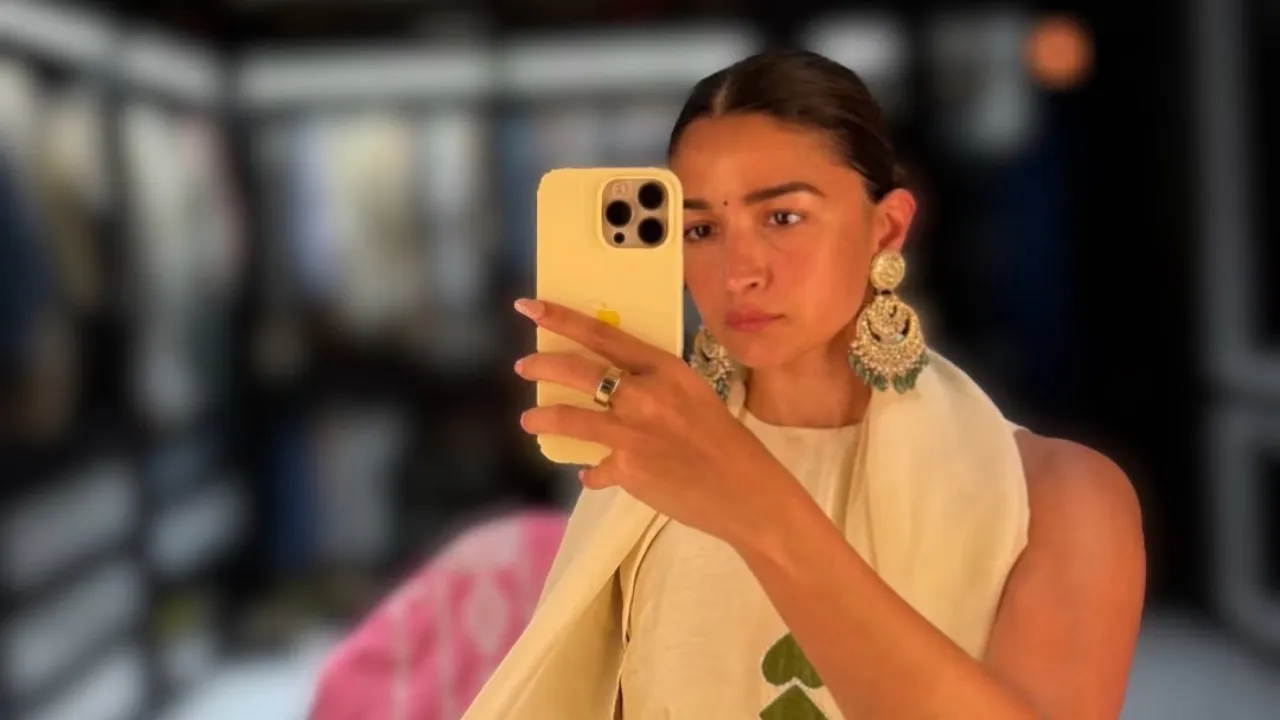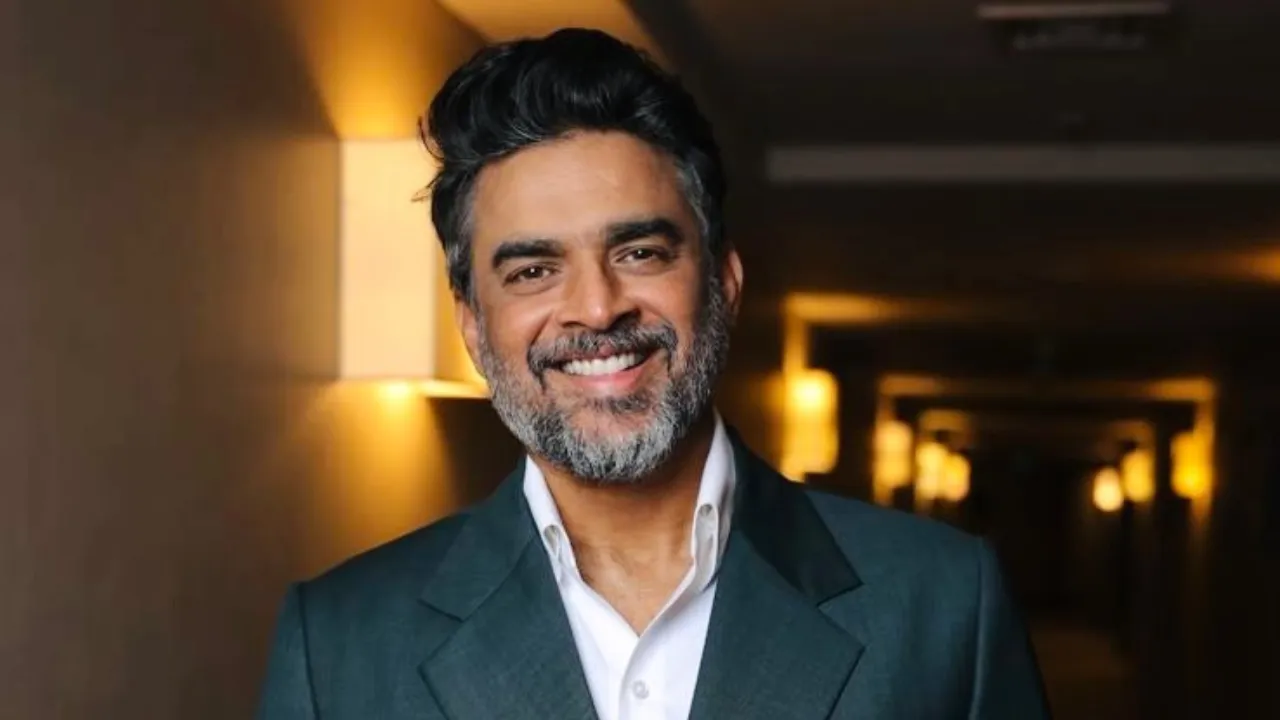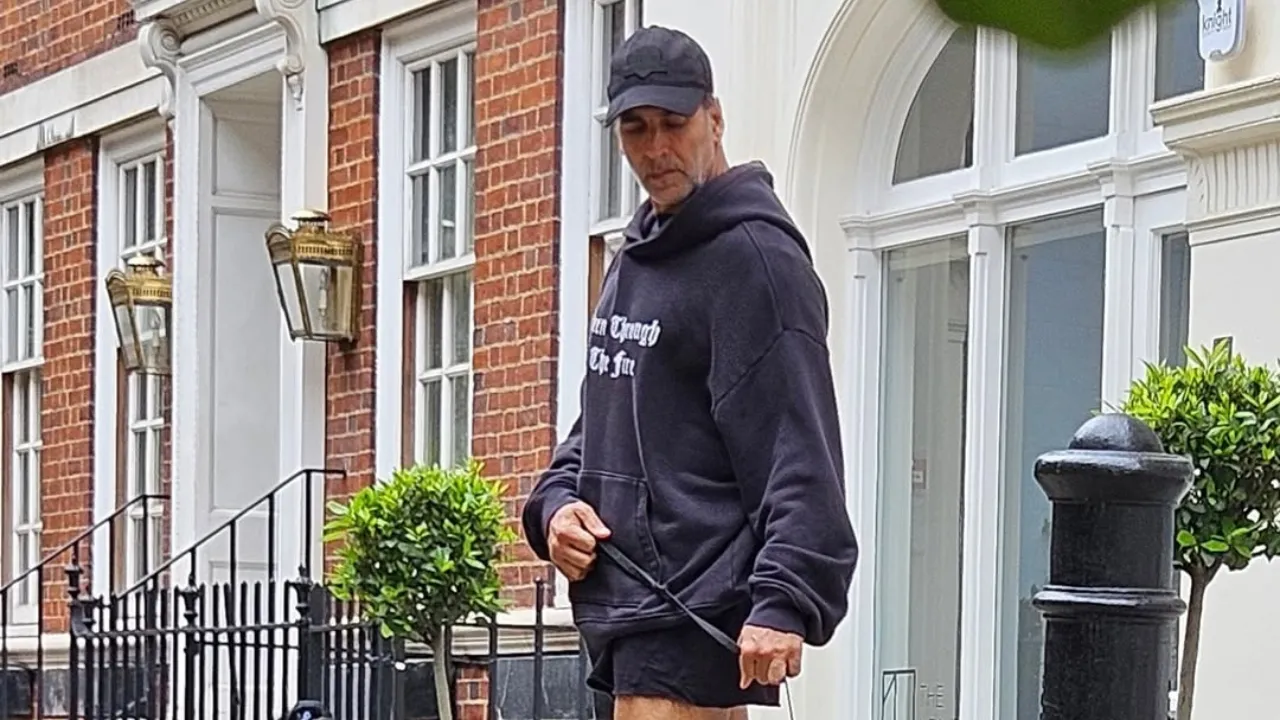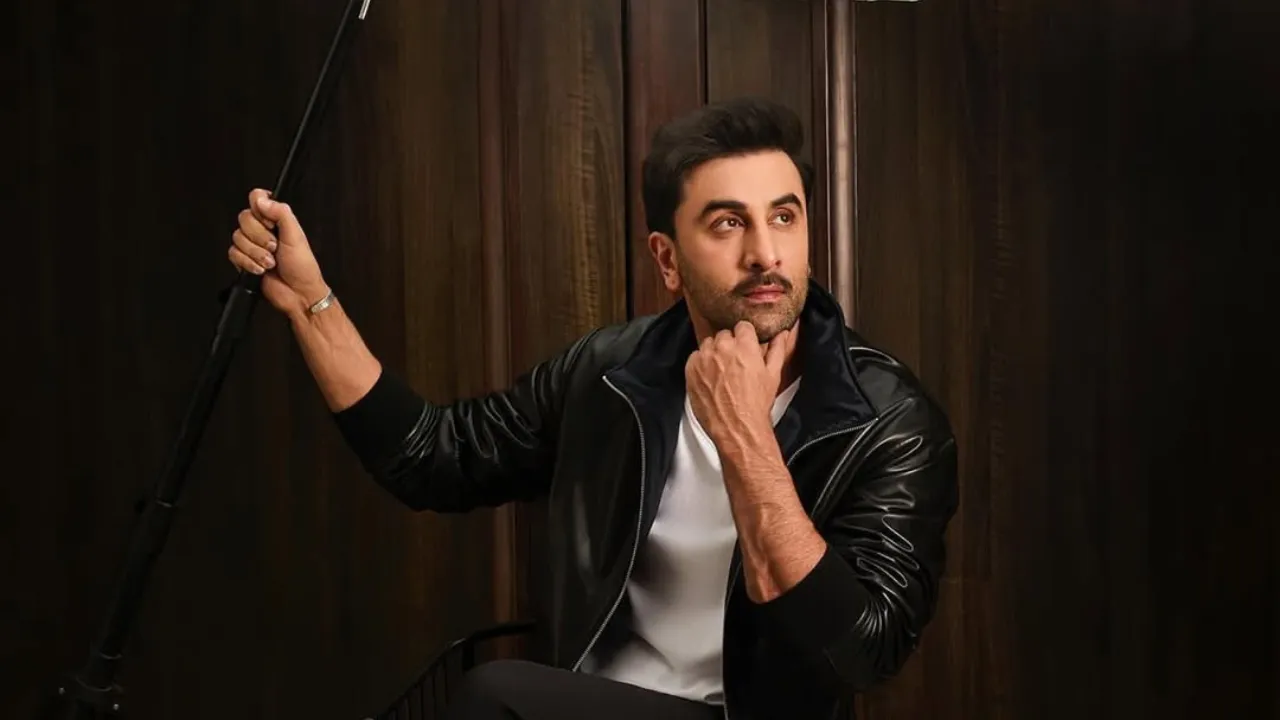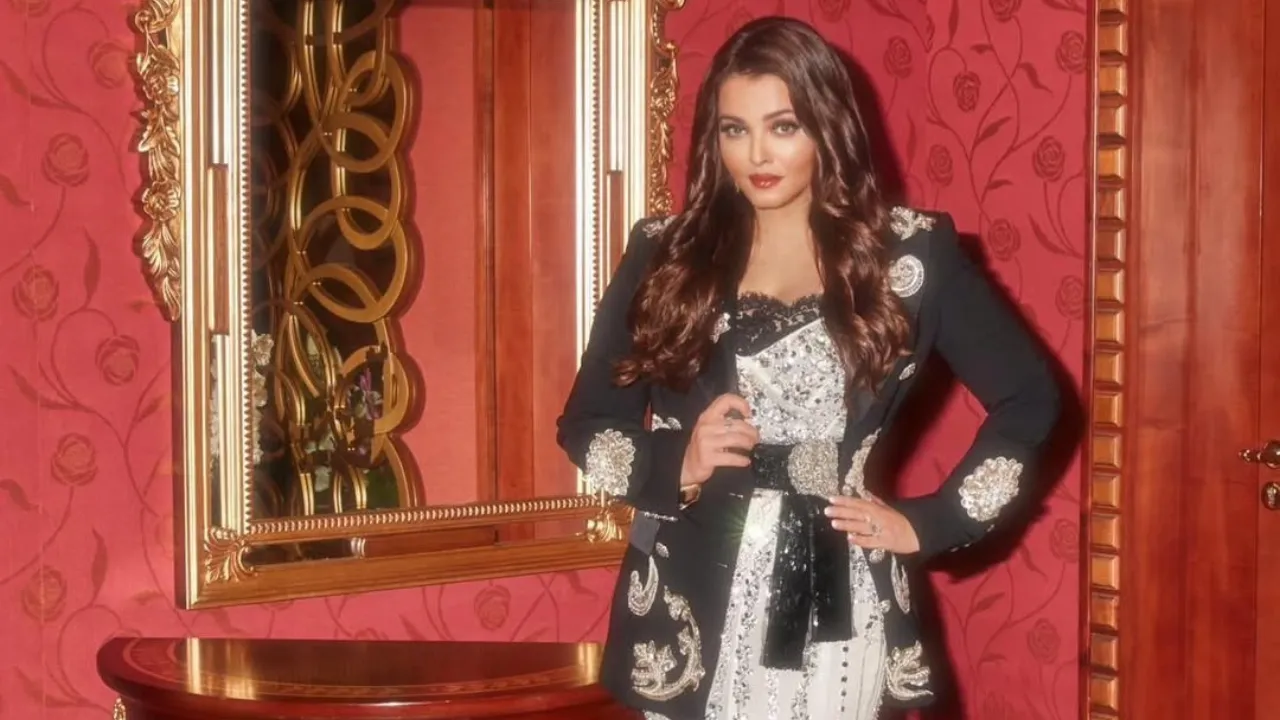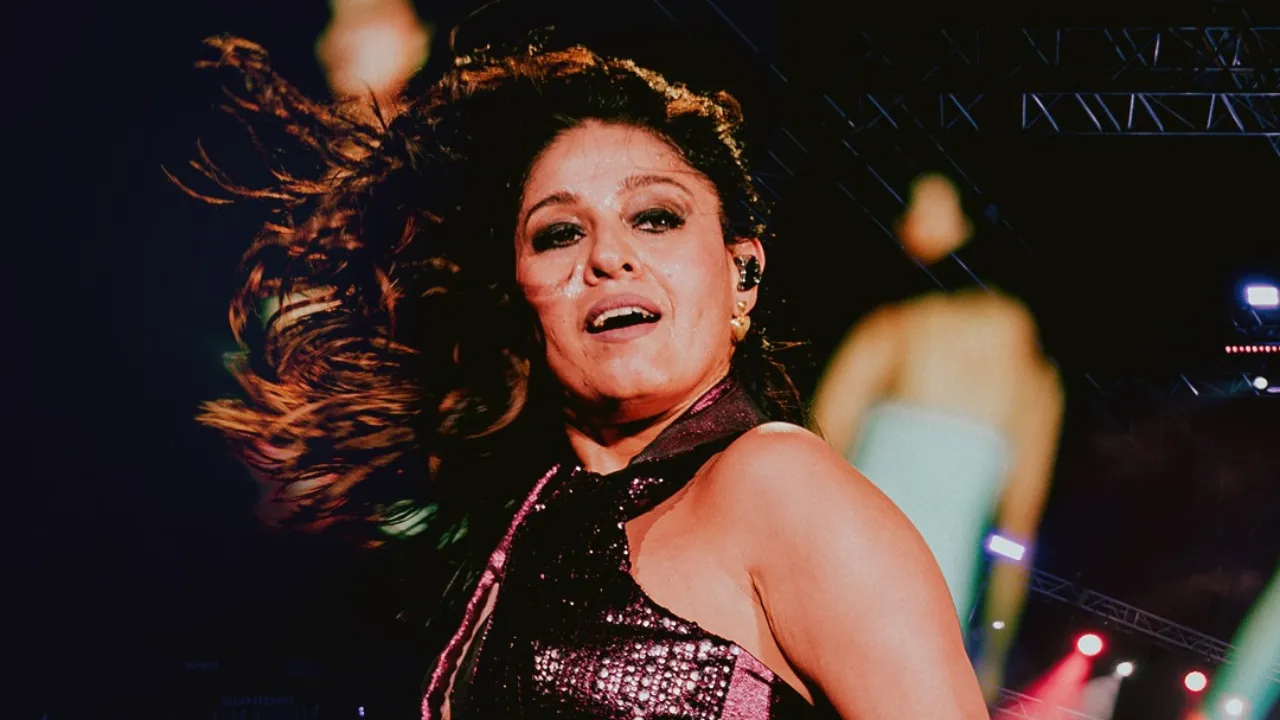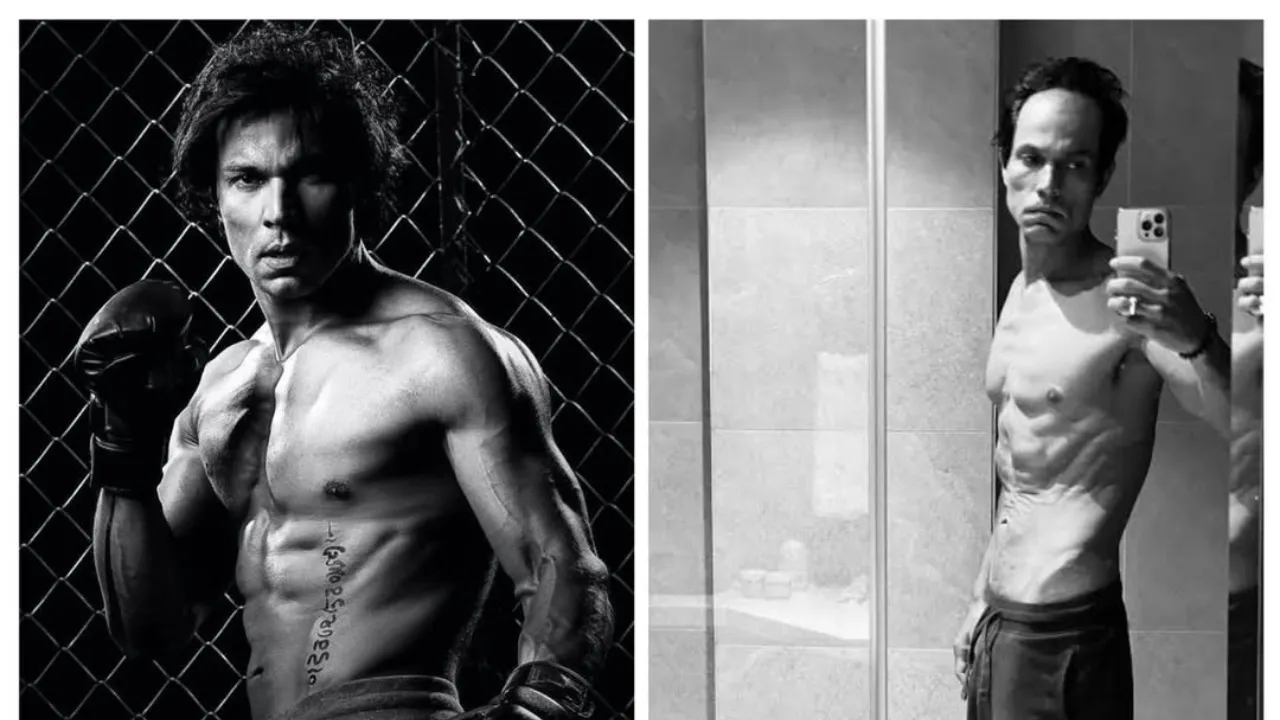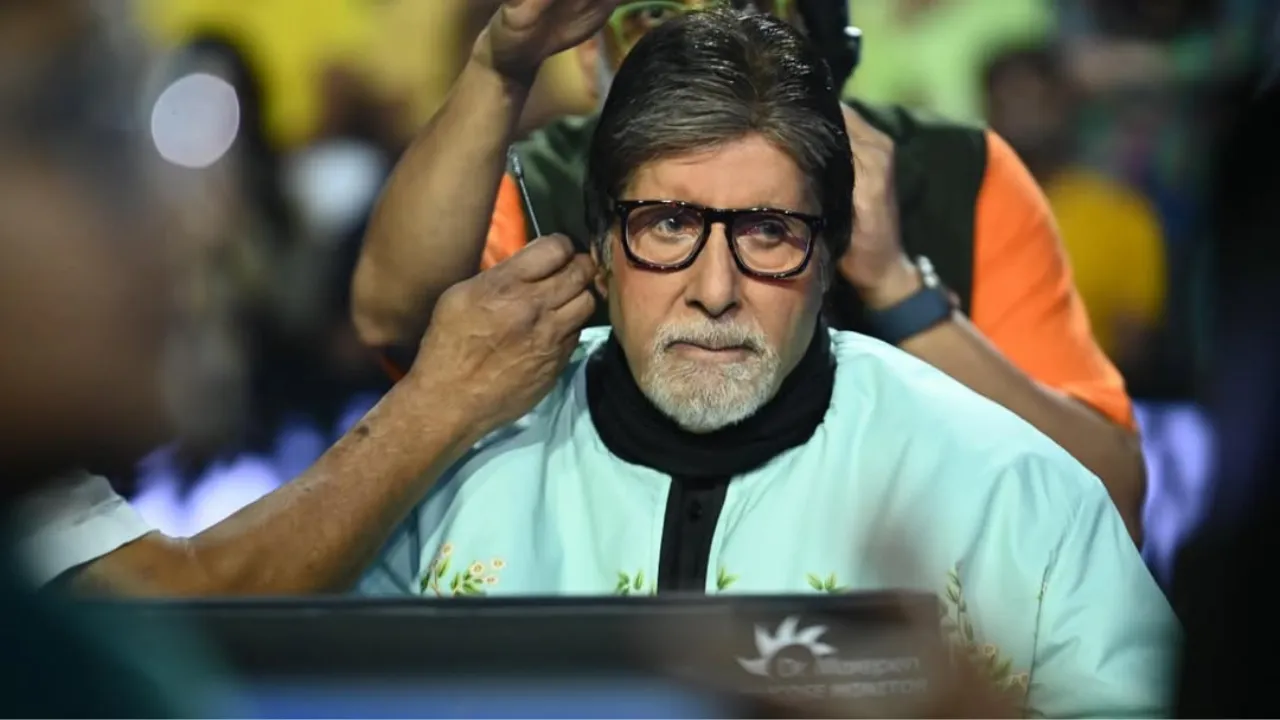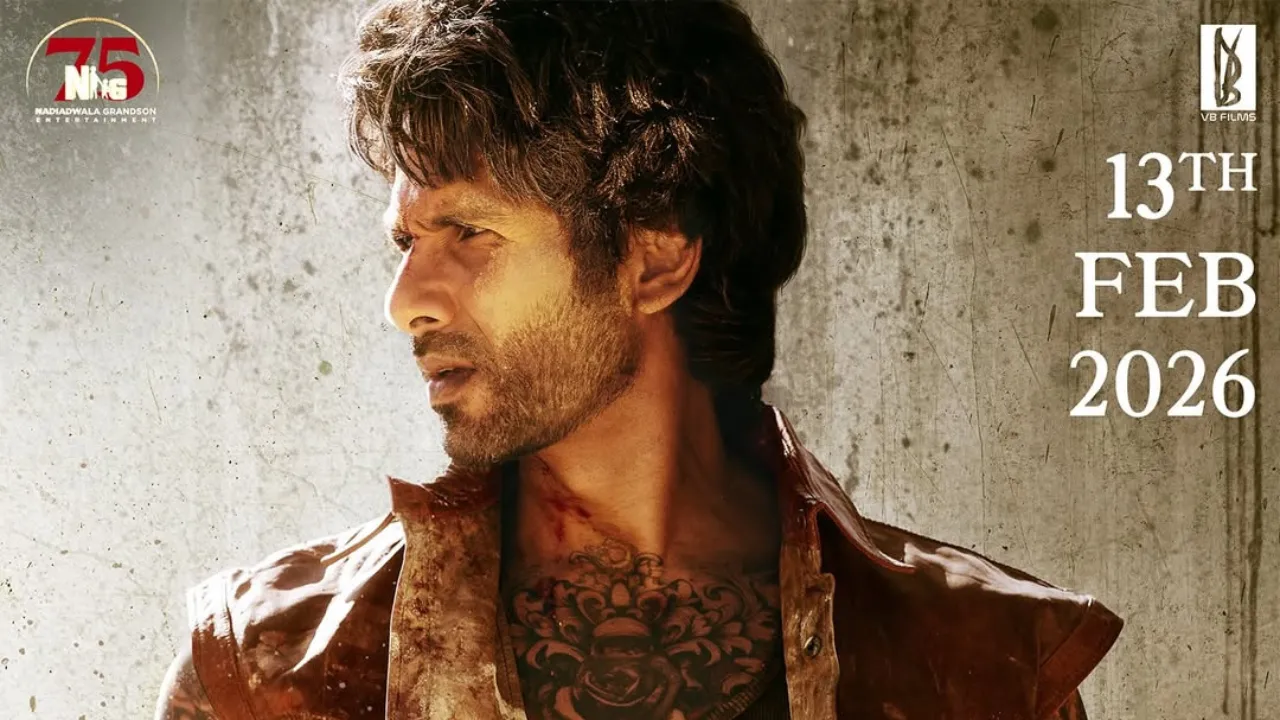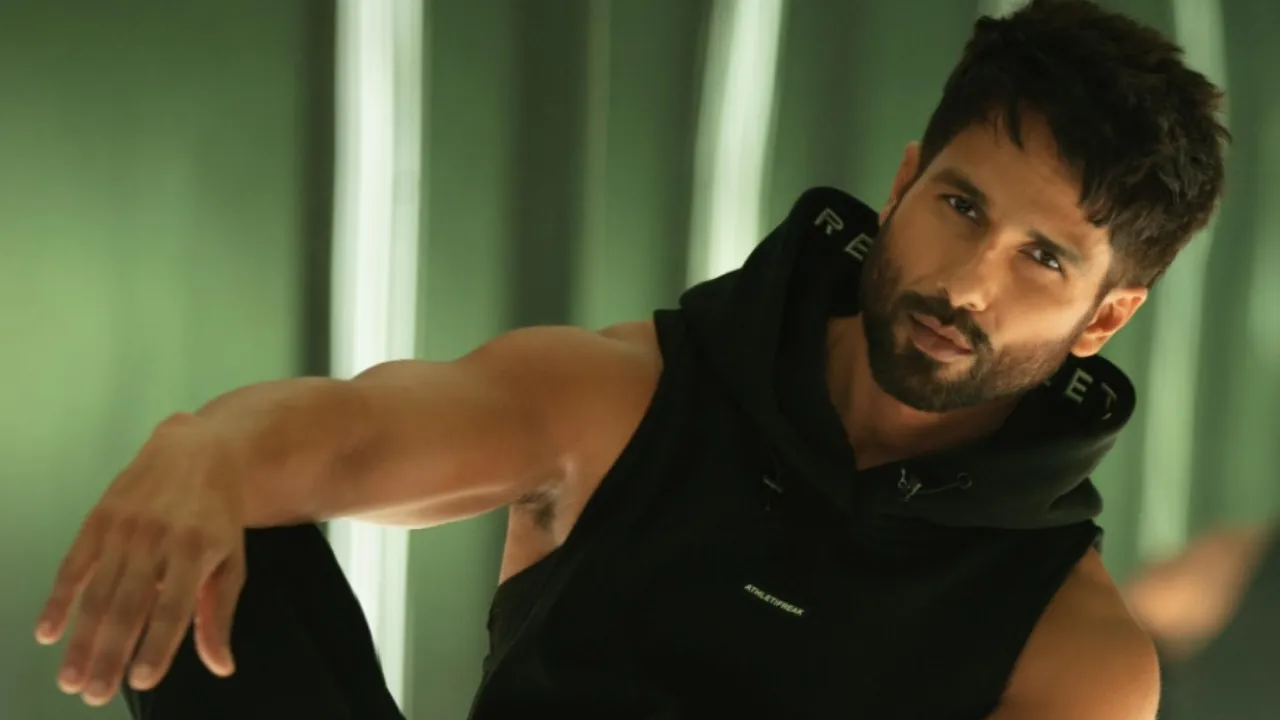Why Huma Qureshi Is Speaking Out on Harassment
Actress Huma Qureshi recently sparked a crucial conversation by demanding that the punishment for street harassment should be the same as for online abuse. In a candid discussion on the show The Male Feminist, she highlighted how digital misconduct and physical harassment both violate dignity — and she believes both deserve equal legal consequences.
Her statements come at a time when online harassment, including unsolicited messages, body‑shaming, and vulgar comments, is increasingly normalized. Qureshi’s voice adds weight to many women’s experiences and calls for stricter accountability.
What Huma Qureshi Actually Said
Equal Consequences for Online and Offline Harassment
According to Huma Qureshi, there is no fundamental difference between someone harassing a woman on the street and someone doing it online.She argues that both forms of abuse are rooted in disrespect and control — so why should the punishment differ?
She said, “the same punishment should be given … for harassing someone on the streets” as for sending “dirty pictures or writing dirty comments” in DMs or on social media.
Calling Out Harassing Behavior
Huma Qureshi also addressed the kinds of comments she often receives: remarks about women’s clothes, their make-up, when they go home, or how much they weigh. he called such behavior “disgusting” and emphasized that it should not be dismissed as harmless trolling or just “comments.”
By speaking up, she is asking people to reflect on their behavior and urging society to stop policing women’s bodies and choices.
Why This Demand Matters
Emotional Harm Isn’t Less Online
One of Huma Qureshi’s main points is that online abuse is not a milder version of physical harassment. Even though messages or comments don’t physically touch someone, they still invade personal boundaries and dignity.
Such violations can have deep psychological effects — anxiety, self‑doubt, and fear — which are comparable to the trauma of street harassment.
The Law Needs to Catch Up
Currently, Indian law does have penal provisions for certain kinds of harassment. For example:
- Section 354A of the Indian Penal Code (IPC) covers sexual harassment.
- Section 354D addresses “stalking” including online stalking, with penalties for repeated offenses.
Still, many argue these laws are not enough to address every kind of online abuse, especially verbal trolling, unsolicited images, or degrading comments.
How Society Reacted to Her Call
A Wave of Support
Huma Qureshi’s remarks have resonated widely. Many supporters believe she is voicing a needed demand for stronger legal protections and accountability in both public and digital spaces.
Her statement, “stop commenting on women,” has become a rallying cry. It’s not just about punishment — she’s also advocating for social change, urging people to be respectful and to reconsider how they treat others online.
Institutional Pressure
By bringing this up publicly, Huma Qureshi is also putting pressure on legal systems, law-enforcement agencies, and policymakers. She stressed that cyber cells and digital law frameworks must evolve to take abuse seriously.
Challenges and Considerations
Balancing Free Speech and Accountability
Implementing equal punishment for online and street harassment is not trivial. There’s a delicate balance to strike between free speech and protection against abuse.
The Supreme Court of India, for instance, in Shreya Singhal v. Union of India (2015), struck down a controversial IT law provision (Section 66A) for being too vague and violating freedom of expression.
So any new legal measures must be crafted carefully — strong enough to punish abuse, but not so broad that they infringe on legitimate speech.
Enforcement Is Key
Even if laws are strengthened, enforcement remains a challenge. Reporting online abuse, proving harassment, and holding offenders accountable require robust systems — both on social media platforms and in the legal domain.
Public education is also vital. Laws alone won’t change behavior; societal attitudes toward respect, consent, and dignity must evolve.
Why Huma Qureshi’s Voice Is Important
Huma Qureshi is more than just a celebrity speaking on a social issue — her visibility and reach help amplify the message. She’s been praised for her roles in Delhi Crime Season 3 and Maharani Season 4, which gives her a broad platform to influence both her fans and the wider public.
By making this demand, she puts the spotlight on harassment — not just as a women’s issue, but as a societal problem that affects dignity, respect, and mental well-being.
What Can Be Done — Moving Forward
- Stronger Legal Frameworks
Lawmakers could explore expanding and clarifying cyber laws to explicitly cover various forms of online harassment — from DMs to trolling. - Empowered Cyber Cells
Digital complaint mechanisms need to be more accessible, efficient, and responsive. Cyber cells should be better equipped to investigate and act on harassment reports. - Education and Awareness
Schools, colleges, workplaces, and social media platforms can run awareness campaigns about digital consent, respectful communication, and the real harm of online harassment. - Platform Accountability
Social media companies must take more responsibility: enforce stricter moderation, provide reporting tools, and penalize repeat offenders. - Social Change
Beyond laws and platforms, cultural change is crucial. Voices like Huma Qureshi’s help shift norms. When high-profile people call out harassment, it encourages others to reflect and act.
Conclusion
Huma Qureshi has ignited an important debate by demanding that harassment in the physical world and online be treated equally under the law. She argues convincingly that digital abuse is not “less serious” — it is an invasion of dignity that deserves real consequences.
Her call reminds us that respect should transcend mediums: what we do or say in public, we shouldn’t be allowed to do in private chats or comments either. As society, we must listen.
If we back her message with stronger laws, better enforcement, and collective cultural change, we can move closer to a world where no one faces harassment — whether on the street or on their phone.





